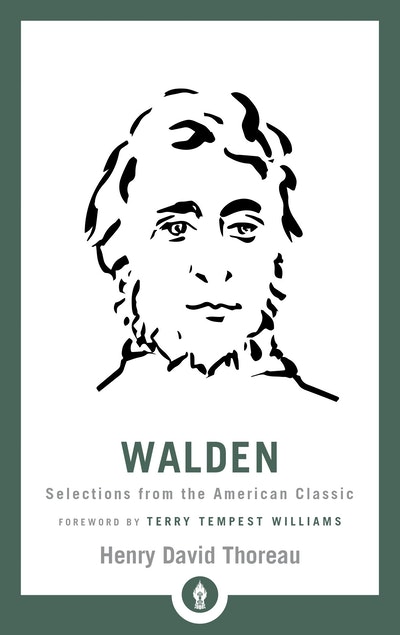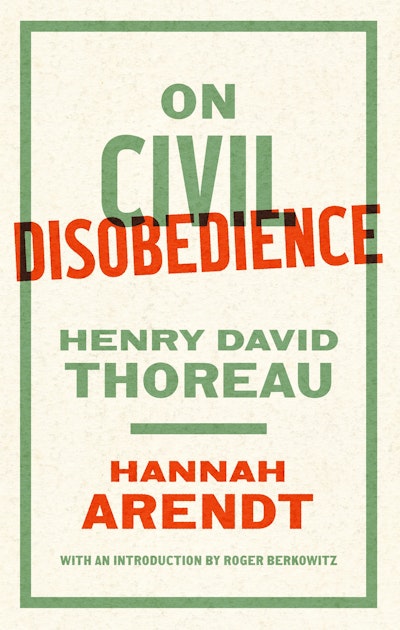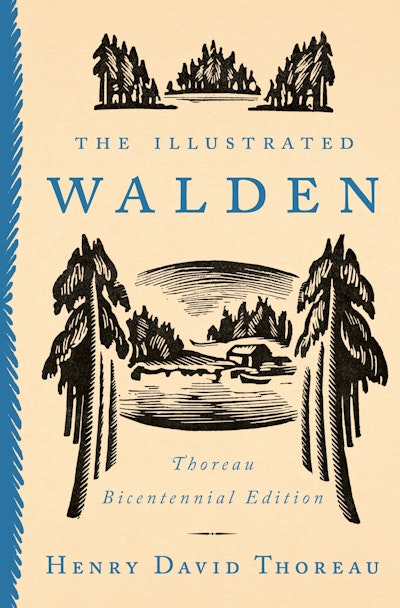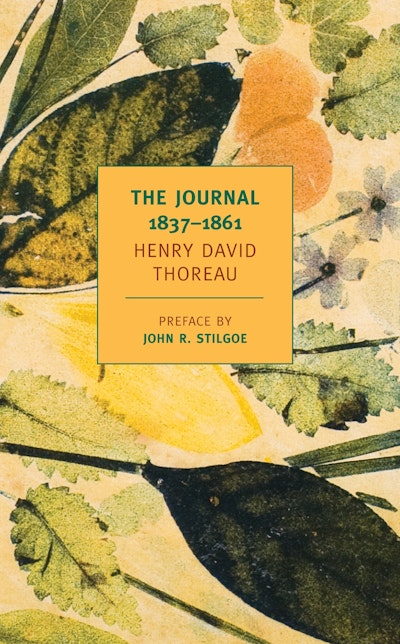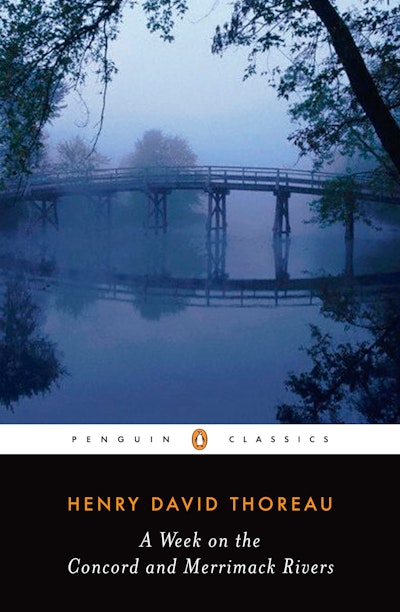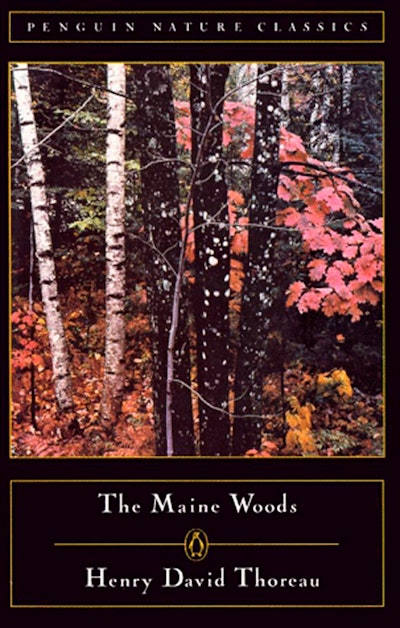Selections from one of the great classics of literature--now part of the Shambhala Pocket Library.
In July 1845, Henry David Thoreau built a small cottage in the woods near Walden Pond in Concord, Massachusetts, and began to write Walden, a chronicle of his communion with nature. Since its first publication in 1854, the work has become a classic, beloved for its message of living simply and in harmony with nature.
This abridged edition of Walden features exquisite wood engravings by Michael McCurdy and a foreword by noted author and environmentalist Terry Tempest Williams, who reflects upon Thoreau’s message that as we explore our world and ourselves, we draw closer to the truth of our connectedness.
This book is part of the Shambhala Pocket Library series.
The Shambhala Pocket Library is a collection of short, portable teachings from notable figures across religious traditions and classic texts. The covers in this series are rendered by Colorado artist Robert Spellman. The books in this collection distill the wisdom and heart of the work Shambhala Publications has published over 50 years into a compact format that is collectible, reader-friendly, and applicable to everyday life.
